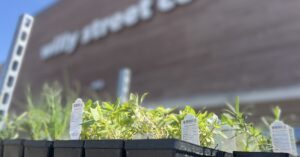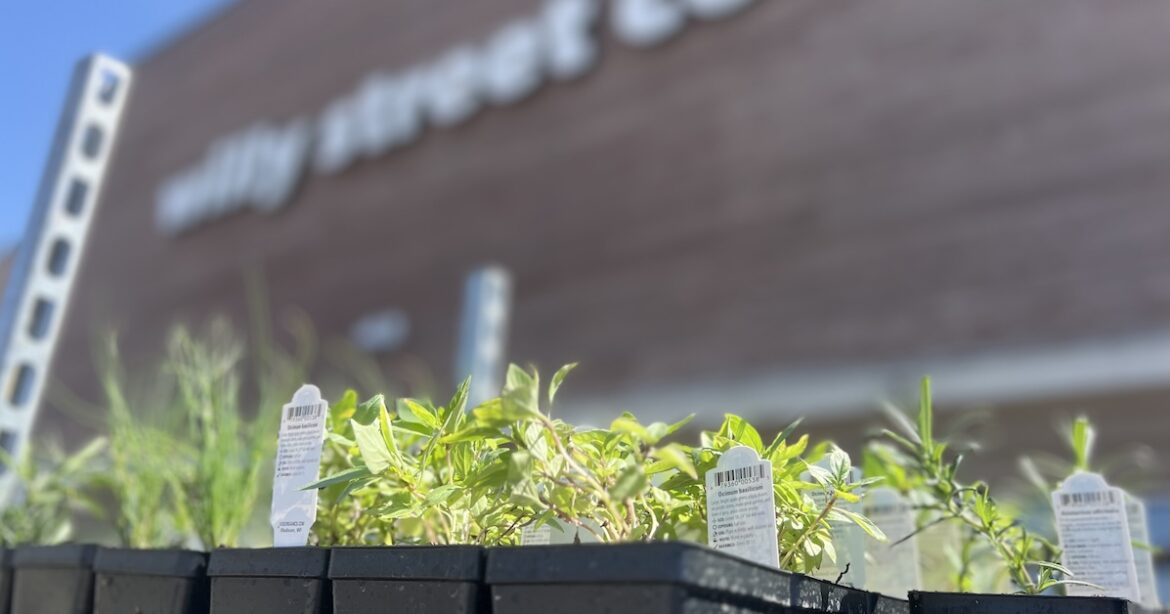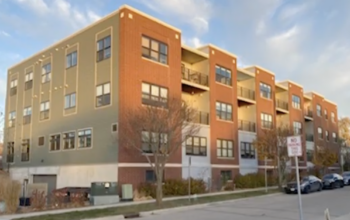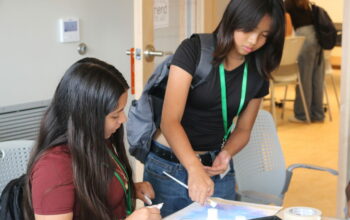Williamson Street Grocery Co-op, affectionately known as Willy Street Co-op, is an economically and environmentally sustainable, cooperatively owned grocery store. General Manager Anya Firszt and Marketing and Communications Director Brendon Smith help lead this pillar of the Madison community.
Willy Street Co-op provides fairly priced goods and services, supports local and organic suppliers and encourages community collaboration. In their respective roles, Firszt and Smith work toward a more sustainable, accessible and equitable food system where all people can participate.
What do you think is the biggest challenge our community faces?
Firszt: Expenses, particularly rent outpacing income is a concern. The cost of health care, groceries and transportation continues to be on the rise. At the co-op, we pay close attention to what our starting wage is compared to minimum wage. Trying to make sure people can actually afford to live and work at the co-op and have a pretty healthy work/life balance is important to us. Also of note is hunger. With federal dollars being cut, how is that going to impact people in the community? What resources do they have and how can they get access to healthy food?
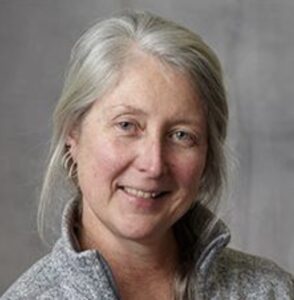
What do you wish people in our community understood better?
Firszt: We wish they understood some of the resources that are available to them. Brendon mentioned our Community Reinvestment Fund; that’s a program we do annually. We also have some [additional] programs, [including the] Access Program, which provides discounts to people who are qualified. We are working to promote [these programs] in the stores a little more aggressively than we have in the past. But just acknowledging, are there ways we can help people find those resources? We also promote…nutritional counseling or consultation with individuals so people can actually gain access to learning ways of possibly eating better or taking better care of themselves. That’s sort of the personal angle from the co-op standpoint: What can we do to help them have a more healthy existence?
What is one change you would make if you could that would make life better for people in our community?
Firszt: That is a really good question, and we settled on increasing minimum wage. Seven dollars and 25 cents an hour is not enough for people to live on. We just increased our starting wage to $19.35. I think that feels really good that we can pay that for entry level. I just can’t imagine someone having to live on minimum wage.
What in our community gives you hope?
Smith: We have a very engaged community. Voter turnout in this community is really high, which is great. I think that’s part of the reason why the co-op even got created. It’s a bunch of people getting together and saying, “Our needs can’t be met in ways available to us, we are going to do it ourselves.” So, 50 years ago, a group of people got together and said, “We want certain kinds of food that we can’t get and we are going to pool our resources and money together and do it ourselves.” I think that spirit is still obviously alive in our community and there has been some renewed interest in the co-op model. Our co-op and all co-ops are accountable to the people who are members or owners, so there is that direct connection and democratic leadership. When you feel powerless, that is a good model to consider.
This interview has been edited and condensed for brevity and clarity.
